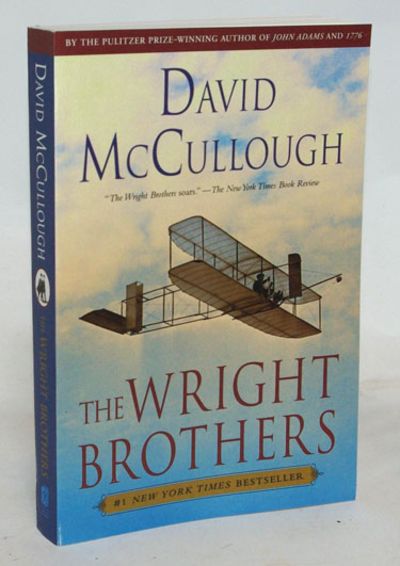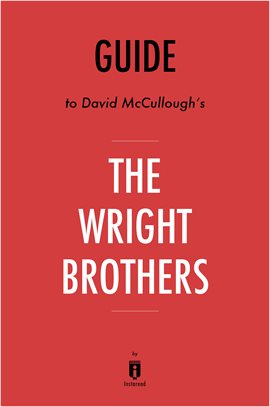

They had endured violent storms, accidents, one disappointment after another, public indifference or ridicule, and clouds of demon mosquitoes. Simon & Schuster, 336 pp., illustrated, $30īuzzy Jackson is a historian and author of “The Inspirational Atheist: Wise Words on the Wonder and Meaning of Life.“It had taken four years. When Wilbur landed he turned to his trusted mechanic and simply said: “Goes pretty well, Charlie.”

Wright seemed to pause for a moment to pay the homage of an American aviator to the lady who attests his country’s destinies.”

In 1909 Wilbur made the first flight of an airplane around the Statue of Liberty and the New York Daily Sun reported that hundreds of thousands of “cheering men and women ashore bore witness. Orville and Wilbur were the rare humble visionaries. Modesty is the great theme of “The Wright Brothers.” Aeronautics has always been a combination of science and art, depending on bombastic personalities to sell the fantasies and quiet technicians to actualize them. And his strangely insular work focuses so tightly on the fraternal geniuses that the rest of the world vanishes from sight, an irony considering that the brothers’ invention would probably do more to bring the global community closer than any other technological marvel of the era.īut perhaps the book’s scope and ambition befits its subjects. While there is much to like here, McCullough’s gee-whiz attitude toward America’s favorite flying Boy Scouts does feel a bit retro. To others he seemed ‘woman-shy.’ ” Both brothers died bachelors. Wilbur professed to have no time yet for a wife. What of the fact that neither seemed to have ever experienced a romantic relationship? On page 8, McCullough writes that “Orville liked to say it was up to Wilbur to marry first, he being the older. The surprise of McCullough’s biography is that there are no surprises: The brilliant yet modest Dayton bicycle shop owners prove to be precisely the men we expect. “The Wright Brothers” delivers a tidy and relatively short history of the lives of Orville (1871-1948) and Wilbur (1867-1912), brothers who “lived in the same house, worked together six days a week, ate their meals together, kept their money in a joint bank account, even ‘thought together,’ ” as Wilbur once claimed. ‘If I were giving a young man advice as to how he might succeed in life,” Wilbur Wright once wrote, “I would say to him, pick out a good father and mother, and begin life in Ohio.” This unshakeable foundation of earnest midwestern pragmatism suffuses David McCullough’s new portrait of aviation pioneers Orville and Wilbur Wright.


 0 kommentar(er)
0 kommentar(er)
